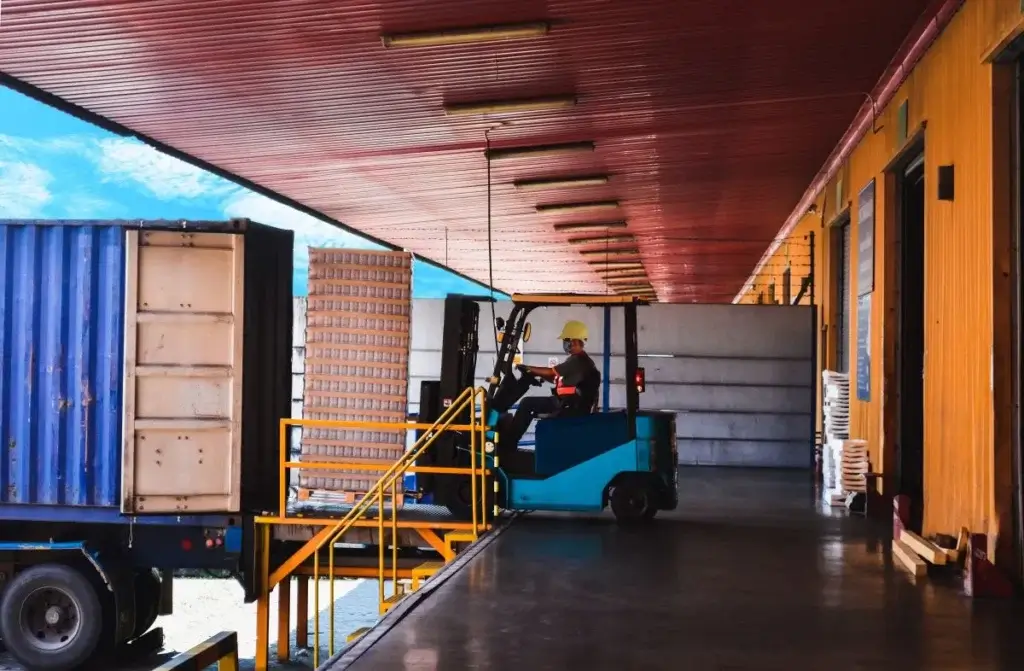From 29 August, all non-postal consignments valued under $800 will lose duty-free status under an executive order signed by President Donald Trump. Every package must instead pass through full US customs entry, attracting all applicable duties, taxes and fees.
This follows a reciprocal tariff order that took effect on 7 August, introducing new duties on imports from the EU and the UK.
Postal operators in European countries already halt shipments
Postal providers across Europe are suspending shipments to the US amid uncertainty about how duties will be collected.
- DHL said on 22 August it would stop accepting US-bound business parcels from Germany, citing unresolved questions about data requirements and customs clearance.
- Royal Mail announced it would cease shipments on 26 August to ensure parcels already in transit enter before the new rules apply, reported Fortune.
- Postal operators in Italy, France, Austria, Sweden and Denmark have also paused acceptance of parcels to the US, while PostEurop warned that if no solution is found, all 51 of its members may follow suit.
Forwarders turn to Canada and Mexico as gateways
While postal flows stall, some logistics providers are exploring alternative models. Transport Intelligence reports that companies such as ShipBob are using Canadian and Mexican depots or US free trade zones to consolidate inventory and feed consignments into the US.
Analysts warn that such strategies underline the growing complexity of cross-border e-commerce logistics, and may offer opportunities for larger forwarders while squeezing out smaller exporters.
Customs brokers warn of ‘largest paperwork shock in a decade’
The removal of de minimis is expected to reroute more than a billion parcels annually into formal customs processes. US brokers have described the change as “the largest paperwork shock in a decade”, pointing to millions of informal entries that will now require full classification. Longer dwell times at ports and express hubs are anticipated as systems adjust.
Chinese e-commerce platforms, heavily dependent on de minimis shipments, have also been forced to adjust. According to the Financial Times, Temu resumed direct shipping from China to the US in July after a temporary trade truce reduced tariffs on Chinese goods. But the company, along with rival Shein, will still face the 29 August deadline when exemptions disappear worldwide.
European exporters face higher costs and slower transit
For European businesses, the end of de minimis means higher compliance costs, longer transit times and uncertainty over enforcement. Many exporters may be forced to consolidate small parcels into full container loads, shifting volumes from air freight to ocean freight.
“This is not only a trade policy shift but a fundamental logistics shock,” wrote Thomas Cullen of Transport Intelligence, adding that even major operators “have not received any explanation of how US Customs will apply the new systems.”
How Trump’s tariffs are reshaping trade and transport – full coverage:











